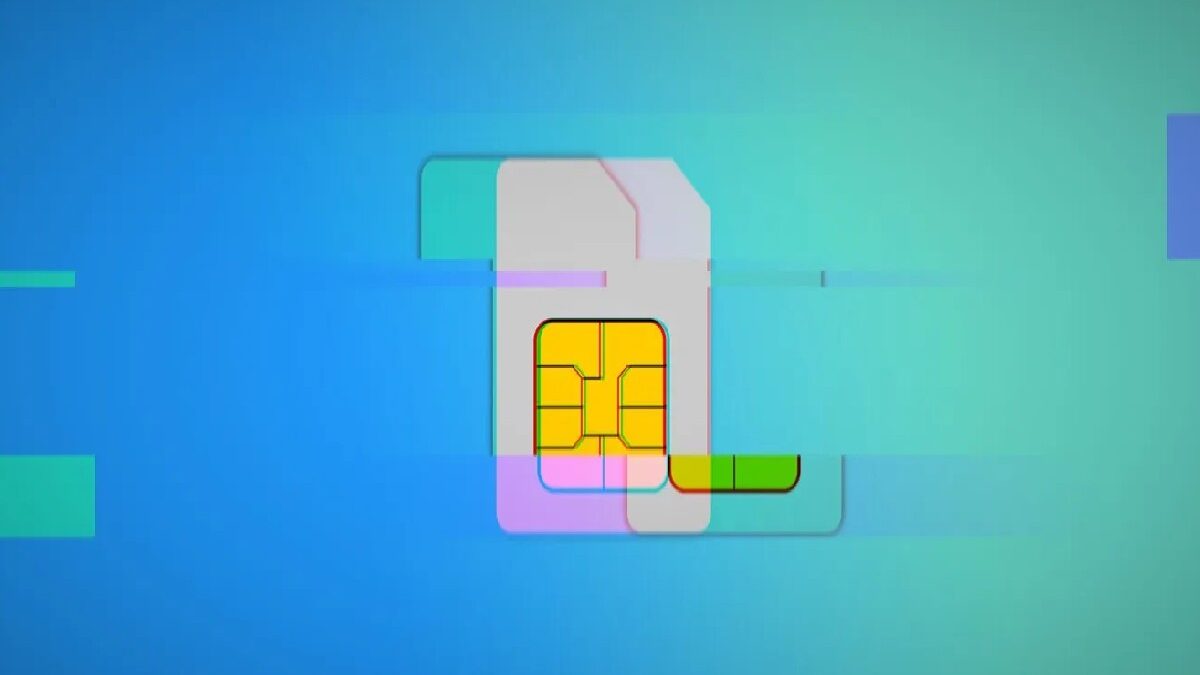eSIM Carriers – The eSIM was first released in 2016 by the GSM Association. The first commercial eSIM-enabled device was the Apple Watch Series 3, released in September 2017. The first iPhone models to support eSIM were the iPhone XR, iPhone XS, and iPhone XS Max, which were announced in September 2018. However, the first iPad model to support eSIM was the iPad Pro (3rd generation), announced in October 2018.
Since then, eSIM has been adopted by many carriers and devices. In 2022, Apple announced that the iPhone 14 would be the first iPhone model not to have a physical SIM card slot and would instead rely exclusively on eSIM. It is expected to accelerate the adoption of eSIM further.
Table of Contents
More About eSIM
eSIM is a digital SIM card that permits you to trigger a cellular plan without using a physical SIM card. eSIM is supported by many major carriers around the world, including:
- AT&T
- Boost Mobile
- Caroline West Wireless
- Cellcom
- Credo Mobile
- Cricket
- C Spire
- FirstNet
- H2O Wireless
- Nex-Tech Wireless
- PureTalk
- Red Pocket
- Spectrum Mobile
- Straight Talk
- Strata Networks
- T-Mobile USA
- Tracfone
- UScellular
- Verizon Wireless
- Xfinity Mobile
Many smaller eSIM carriers offer prepaid plans to these major carriers at various price points. Some of the best eSIM carriers include:
- Tello
- Reach Mobile
- Mint Mobile
- US Mobile
- Boost Mobile
To get an eSIM carrier, you must contact the carrier and request an eSIM. The carrier will then provide you with a QR code or a link that you can use to activate your eSIM. Once your eSIM is activated, you can start using your cellular service.
Potential Uses Of eSIM
Here are some of the potential use cases for eSIM in the future:
Travel:
eSIMs can make it easier to travel internationally, as you can switch to a local carrier when you arrive in a new country.
IoT:
eSIMs are well-suited for IoT devices, as they are small and easy to integrate. It could lead to wider adoption of IoT devices in various industries.
Multi-carrier support:
eSIMs can support multiple carriers, which could lead to more competition in the cellular market. It could benefit consumers by driving down prices and improving service.
Overall, the future of eSIM is very bright. As more carriers and devices adopt eSIM, it will likely become the standard way to connect to cellular networks. It will have several consumer benefits, including convenience, portability, security, and cost savings.
Benefits Of eSIM
Here are some of the benefits of eSIM:
Convenience:
eSIMs can be activated remotely, so you don’t have to go to a carrier store.
Portability:
eSIMs can be moved between devices so you can use the same eSIM on your phone, tablet, or laptop.
Security:
eSIMs are more secure than physical SIM cards because they are embedded in the device and cannot be easily removed.
ESIM is a convenient, portable, and secure way to get cellular service. As more carriers and devices adopt eSIM, it will likely become the standard way to connect to cellular networks.
Carriers That Support eSIM
Here are some of the carriers that support eSIM in the United States:
- AT&T
- T-Mobile
- Verizon
- Google Fi
- Airtel
- Jio
- Vodafone-Idea
- Tello
- Mint Mobile
Devices That Support eSIM
Here are some of the devices that support eSIM:
- iPhone XS
- iPhone XS Max
- iPhone XR
- iPad Pro (3rd generation)
- Apple Watch Series 3
- Samsung Galaxy S20
- Google Pixel 3
- Huawei Mate 20 X
- OnePlus 6T
Future Of Esim
The future of eSIM is very bright. As more carriers and devices adopt eSIM, it will likely become the standard way to connect to cellular networks.
Support for Multiple Carriers:
eSIMs can support multiple carriers, which means you can easily switch between carriers without changing your SIM card.
Support for IoT Devices:
eSIMs are well-suited for IoT devices because they are small and easy to integrate.
Support for Future Technologies:
eSIMs, such as 5G and NB-IoT, are designed to support future technologies.
ESIM is a convenient, portable, secure, and cost-effective way to get cellular service. As more carriers and devices adopt eSIM, it will likely become the standard way to connect to cellular networks.

